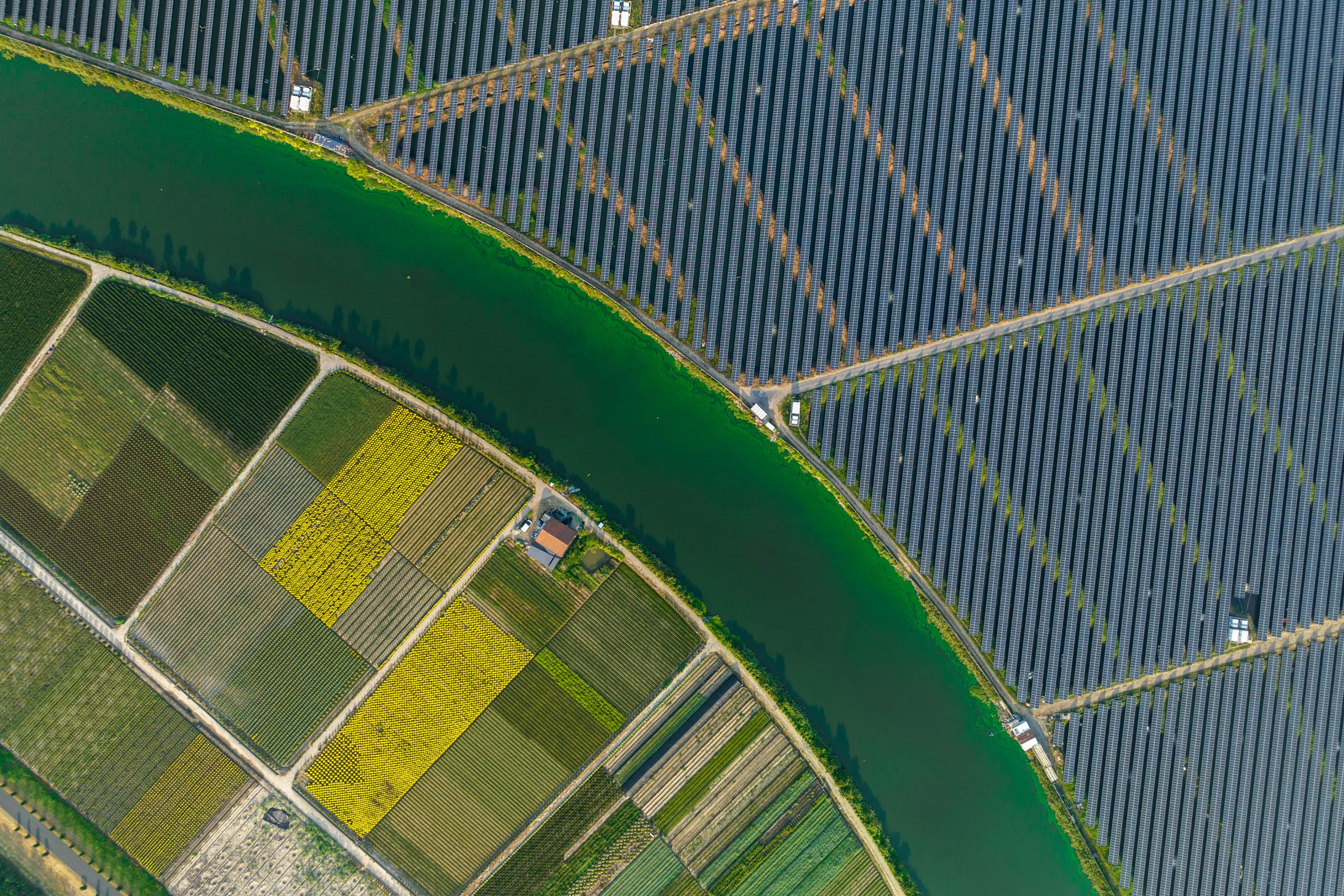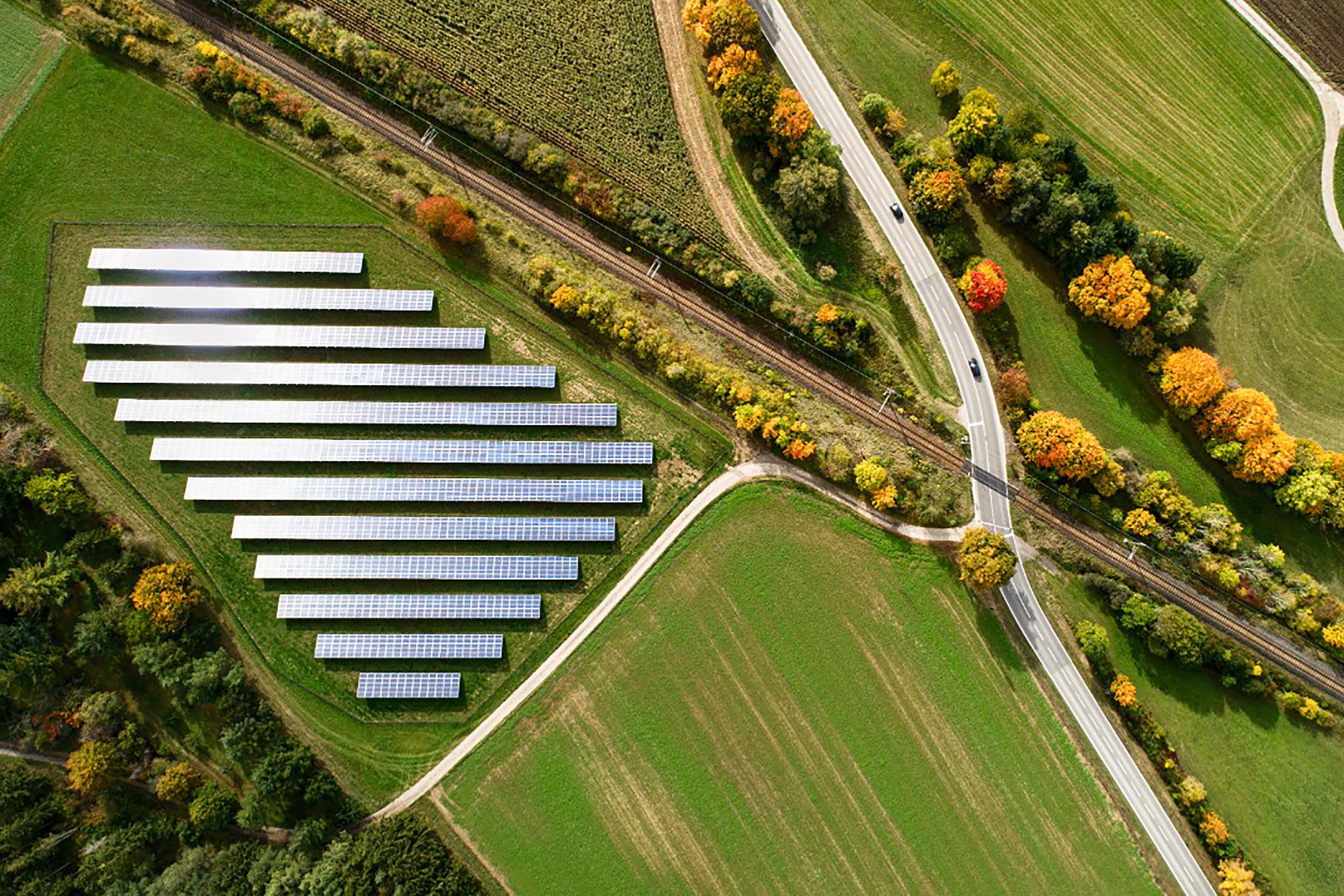EY refers to the global organisation, and may refer to one or more, of the member firms of Ernst & Young Global Limited, each of which is a separate legal entity. Ernst & Young Global Limited, a UK company limited by guarantee, does not provide services to clients.
Climate risk and decarbonisation
The global transition to net zero is a complex economic transformation, presenting both challenges and competitive advantage for businesses across Australia’s economy.
Investors, consumers and regulators are driving the urgency to reduce emissions, and the pace of change is accelerating. How organisations respond will determine their long-term resilience, market position and future value creation.
Businesses must assess and address physical risks, like extreme weather events impacting assets, alongside transition risks such as regulatory changes and market shifts. The stakes are high, but so are the opportunities for those ready to act decisively.
Get ready for a new level of preparedness
Companies must move beyond simple carbon footprinting. Comprehensive climate risk management means understanding risks and exposures across supply chains, assets and operations.
The EY Net Zero Centre guides organisations through the complex decarbonisation and climate risk landscape. Our multi-disciplinary teams can help you to identify risks, develop strategic responses and communicate progress with your stakeholders. Our support includes:
- Gap assessments and action plans: Help establish accurate emissions baselines across all three scopes and determine abatement options.
- Climate risk and opportunity assessments: Unearth qualitative and quantitative insights to inform strategy.
- Scenario analysis and stress testing: Model impacts under various climate scenarios.
- Financial consequence quantification: Understand bottom-line impacts of climate risk.
- Supply chain decarbonisation: Reduce emissions across complex value chains.
- Disclosure preparation: Align with global reporting, regulatory and investor expectations.
- Green bond advisory: Access sustainable finance.
- Adaptation strategies: Build resilience against physical climate risks.
Transform climate challenges into strategic growth
As the world moves toward a low-carbon future, the EY Net Zero Centre is helping organisations to stay ahead of evolving regulations, anticipate market shifts and position themselves for sustainable success. A net zero Australia awaits.
The team
Our latest thinking
Requirements for inbound Australian subsidiaries
Inbound Australian subsidiaries of international groups are within the scope of the mandatory climate-related financial disclosure regime that the Australian government is introducing to apply to Australian entities. Access the EY Sustainability Disclosure Hub update paper, designed to support inbound Australian subsidiaries in understanding the requirements and the implications.
Mandatory climate-related financial disclosures updates
This summary from EY Sustainability Disclosure hub covers The Australian Sustainability Reporting Standards, beginning 1 January 2025.
Regulatory updates on assurance of climate disclosures in Australia
The ‘assurance pathway’ that prescribes the minimum phasing in of assurance on an entity’s climate-related financial disclosures has been finalised by the AUASB.
Scenario analysis is more than just a ‘reporting’ requirement; it shapes an entity's strategy and focus for managing climate-related risks and opportunities.
Mandatory Scope 3 Emissions Reporting
For many Australian organisations, the reporting of scope 3 emissions is about to move from being ‘on the radar’ to front of mind.
What makes today’s climate leaders tomorrow’s business leaders?
The 2025 EY Global Climate Action Barometer highlights how proactive climate action can present a valuable strategic opportunity for companies. Read now.
Reporting ready: Preparing for assurance of climate-related disclosures
Australian companies are approaching the era of mandatory reporting and assurance over climate-related financial information. Readiness is crucial.
Setting up for success: how to avoid psychosocial risk management traps
The complex landscape of psychosocial risk management in Australia and New Zealand: Protect both your employees and your reputation by understanding the pitfalls commonly faced by organisations seeking to manage their psychosocial hazards.
Scenario analysis in the new era of sustainability reporting, August 2024
In this webcast, panellists share their insights into scenario analysis and explore how outputs can be used to inform decision and strategy.
Scope 3 emissions in the new era of sustainability reporting, June 2024
In this webcast, panellists discuss key considerations and data requirements with reporting of Scope 3 emissions.
How can adopting regenerative principles unlock a sustainable future?
A sustainable future for all is within reach if we transition urgently toward a regenerative economy founded on five guiding principles. Find out how.
10 principles for financial interventions
Why do some financial capability interventions work where others fail, and what sets these successful interventions apart?
Assurance and the new era of sustainability reporting, April 2024
With mandatory climate-related disclosures soon to become a reality in Australia, this session is designed to prepare companies for the upcoming assurance requirements with the most recent considerations and insights into potential challenges.
Why we need to do better at community investment
Community investment should return so much value to a business that it attracts greater funding each year – a new EY paper explains how.
How can we get ahead if we fall behind in managing climate risk?
New analysis suggests Oceania companies must accelerate the development of their climate risk disclosure and management capabilities.



















